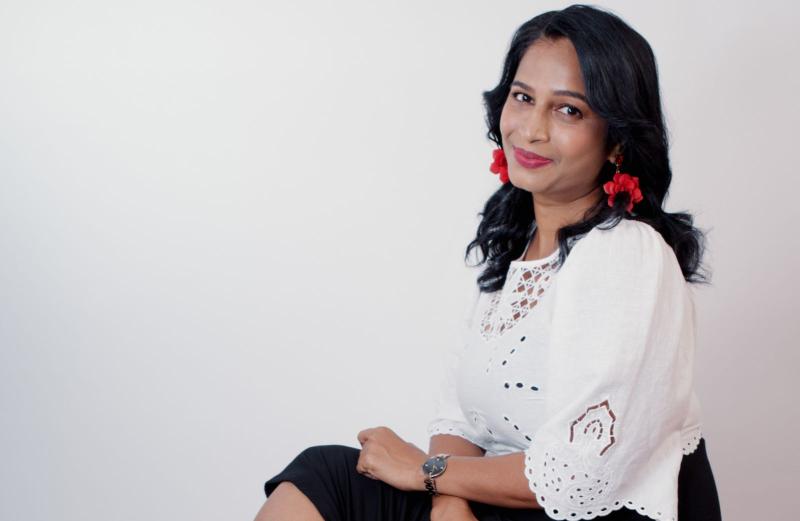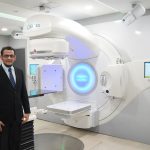In late May, at the 2025 American Society of Clinical Oncology (ASCO) Annual Meeting, researchers presented the final results of the CHALLENGE trial[NBP1] , a large, international study led from Canada. Over nearly eight years, the trial followed 889 people who had completed treatment for colorectal cancer that had a higher risk of recurring.
Participants were from six countries, mostly from Canada and Australia. Half of them were randomly assigned to receive a structured, supervised exercise programme with personal coaching for 3 years. The other half received general health materials promoting physical activity and nutrition. Both groups continued to receive standard cancer surveillance and follow-up care throughout the trial.
The results were groundbreaking:
• Those in the exercise group had a 28% lower risk of cancer recurrence or new cancer
• They also had a 37% lower risk of death
• Overall survival at 8 years was 90% for the exercise group, compared to 83% in the education-only group. That means for every 100 people, seven more were alive eight years later because they exercised with support.
While this outcome resonates globally, in Malaysia, where colorectal cancer is the most common cancer among men and the second most common among women, it hits especially close to home.
We Are Still Catching Our Breath in Malaysia
The recent National Cancer Registry Report (2017–2021) reveals a bleak statistic: nearly three-quarters of individuals with colorectal cancer are diagnosed at late stages. Survival remains alarmingly low where fewer than 20% survive five years post-diagnosis. Despite advances in cancer treatment, our reality is shaped by late diagnoses, unequal access to treatment and missed opportunities for post-treatment supportive care.
Which is exactly where the CHALLENGE trial steps in. It echoes what our own research[NBP2] in Malaysia has already made clear. In our study of more than 600 Malaysians with colorectal cancer, one of the most urgent needs reported was crystal clear: information on how to take better care of oneself. A striking 81% of participants expressed a high-to-very high need for support in this area. This is not just about managing side effects. It reflects a deeper, more personal question from affected individuals: “What can I do now?”
The CHALLENGE trial therefore does not just inform clinical guidelines, it speaks directly to what Malaysians with colorectal cancer are already asking for. Self-care in this context is not a vague advice. It is a coach-supported, structured physical activity that improves survival.
Beyond the Clinic Walls: Who Needs to Act?
Central to this discussion is that we have long placed the burden of “getting better” on patients and their physicians. But the survival gap is not just a clinical failure, rather it is a systems failure. And the implications of this exercise trial extend far beyond the hospital walls.
Start with the Ministry of Health (KKM). While rehabilitation services do exist within KKM, scaling up cancer-specific support for long-term recovery remains a challenge as this will require more personnel, more posts and more budget. Creating new roles such as health coaches, or expanding existing civil service positions like rehabilitation physicians, takes time and policy reform. Nevertheless, there are practical interim steps such as contract-based hiring, partnerships with NGOs and recovery pilots under existing programmes like Agenda Nasional Malaysia Sihat. Consequently, budgetary lines must also evolve beyond the procurement of life-saving technologies and therapies to include those delivering hands-on recovery support.
But the public sector cannot do this alone. The private sector also plays a critical role in shaping what recovery looks like. Too often, when private health insurance stops at treatment, we send people with cancer home with a survival story but not a survival strategy. It is hence high time we asked whether our definition of cancer “coverage” is wide enough to include what comes after. Employers too have a role.
With 60 years being the average age of diagnosis, a large share of people are still in the workforce. A cancer-friendly workplace must go beyond flexible hours by actively facilitating recovery. Why not incentivize gym partnerships? And then, we have the fitness and wellness industry. It is loud about weight loss and six-packs but what about packages for ‘post-cancer care’? We need personal trainers who are trained to work with ‘post-chemo bodies’? If exercise is medicine, then it is time we expanded our idea of fitness to include healing and not just aesthetics.
Last but not least, policymakers must recognise that systems do not shift on evidence and goodwill alone. They move when pushed, with the right incentives, clear standards and the power to hold stakeholders accountable. Tax breaks, coverage reform and training subsidies are just the first tools that we could use to build a system that truly supports people with cancer. And while the actors named here span sectors, this list is far from exhaustive.
A New Frontier for Malaysian Researchers
Equally noteworthy is that for our researchers, the CHALLENGE trial offers proof of concept that exercise, when delivered with structure and support, can improve cancer survival.
The next step is to explore how such interventions can be embedded within our own cultural contexts. Could future programmes for instance incorporate yoga or qigong? This is where implementation science comes in to help tailor and test exercise strategies that fit our systems, settings and norms. For those unfamiliar, implementation science focuses on translating proven healthcare strategies into real-world practice in ways that work locally.
More than Movement
Exercise after (colorectal) cancer is not just about getting stronger. It is about restoring a sense of agency to people who have had everything taken from them: their health, hair, money, energy, productivity and even their right to feel whole again.
While this trial focused on colorectal cancer, the lessons may extend further. From breast to prostate cancer, from lymphoma to endometrial cancer, people are asking the same question: “What can I do to live well?” The CHALLENGE trial gives us an answer. But it is entirely up to all of us to act on it.
[NBP1]https://pubmed.ncbi.nlm.nih.gov/40450658/
[NBP2]https://pubmed.ncbi.nlm.nih.gov/40454963/





